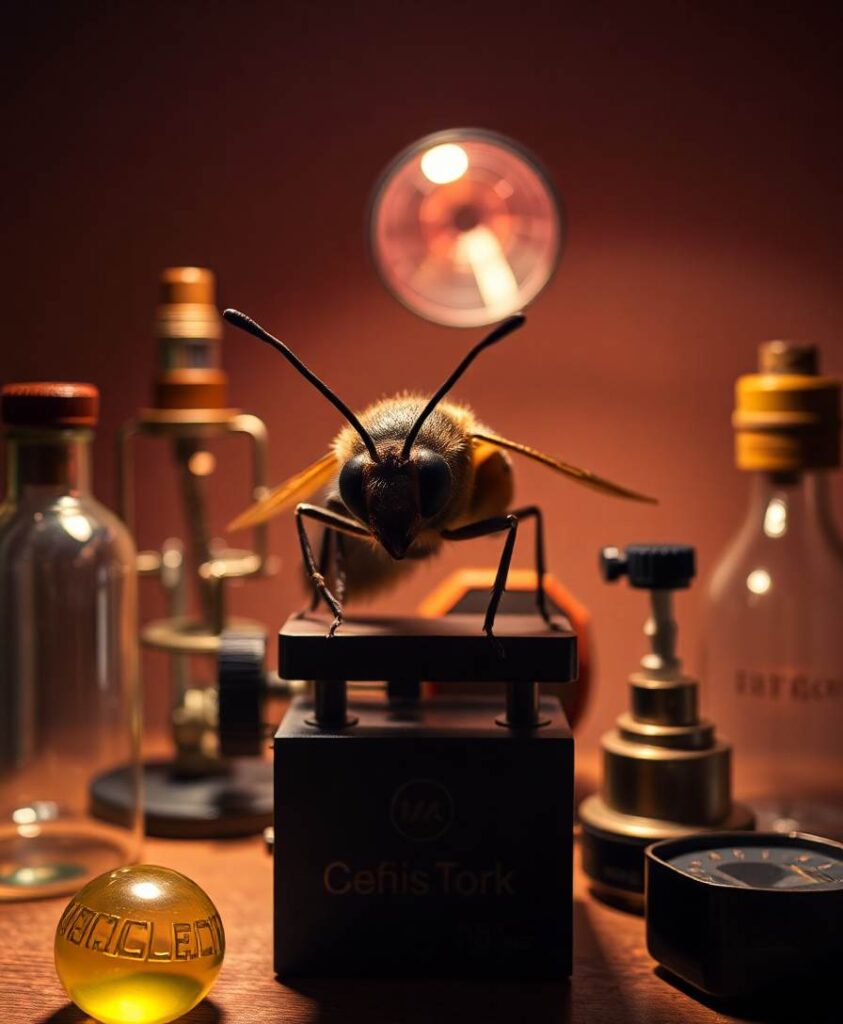The field of cognitive neuroscience has taken important steps toward uncovering the mechanisms by which humans build representations of our environment. Integrated experimental and theoretical work suggests that humans encode, organise, recall, and generalise knowledge within cognitive structures to allow for flexible behaviour [1–4]. There is now ample evidence that social information is structured in a similar way [5]; relationship structures, mental states, traits of individuals, and social environments can be mapped as conceptual representations that are recoverable from experimental investigations [6], observational studies [7], and neural activation [8,9].



